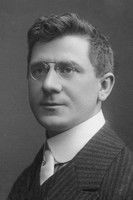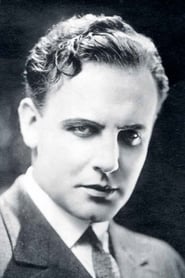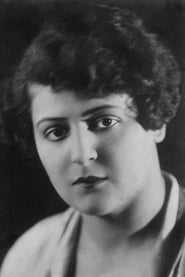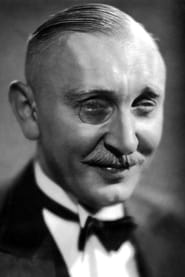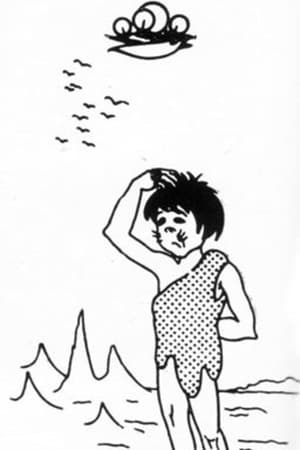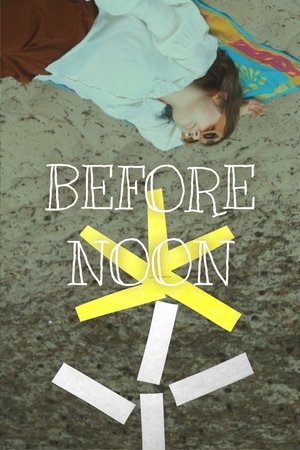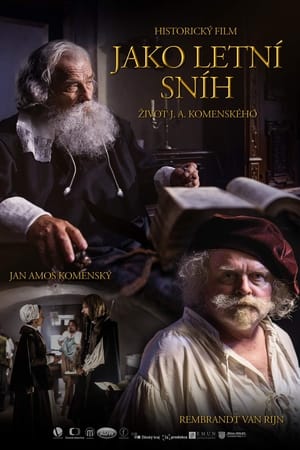

Utrpením ke slávě(1919)
Movie: Utrpením ke slávě
Top 10 Billed Cast

Utrpením ke slávě
HomePage
Overview
Release Date
1919-01-01
Average
0
Rating:
0.0 startsTagline
Genres
Languages:
No LanguageKeywords
Similar Movies
 0.0
0.0The Story of William Tell(en)
A short that follows the legend of Wilhelm Gorkeit of Tellikon (William Tell), the legendary archer and hero from Switzerland.
 0.0
0.0Eastern Anthems(en)
An unfinished film is passed along from one friend to another. The dialog between them is a journey crossed by the swarming of the Great Eastern Brood X of periodical cicadas that prophetically emerge every 17 years in the United States, invoking a reflection of a post-pandemic present and our shared futures. A road movie composed of a chorus of voices (both human and non-human), the warnings of history, the power of nature and rebirth.
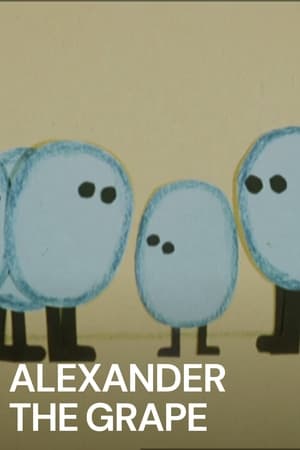 6.0
6.0Alexander the Grape(en)
ALEXANDER THE GRAPE, an unfinished cut-paper animated short from Jim Henson from 1965, relates the fable of a young grape with big ambitions who learns that it is better to accept yourself than to try to be something you are not. The short was reconstructed from film and audio elements; images from Jim’s storyboard fill in missing segments of the animation.
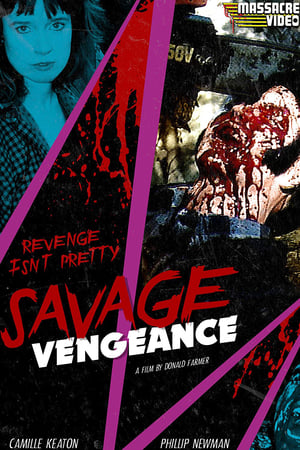 3.3
3.3Savage Vengeance(en)
A woman is brutally raped by four men, and she plans to seek vengeance. After five years, she hasn't gotten over it yet, and she and her friend are again raped by four men. This time, she tracks them down and finally has her revenge.
Look 84(de)
Unfinished early documentary by Ulrich Seidl about a foto shooting with Sonja Kirchberger and Peter Baumann at the Tunisian seaside.
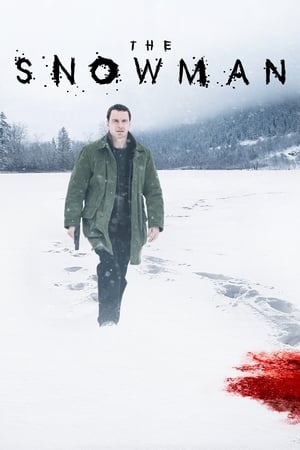 5.2
5.2The Snowman(en)
Detective Harry Hole investigates the disappearance of a woman whose pink scarf is found wrapped around an ominous looking snowman.
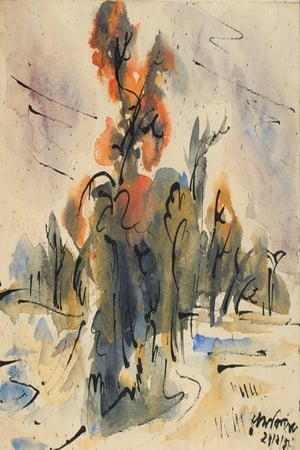 0.0
0.0Ramkinkar Baij(bn)
Ramkinkar Baij is an incomplete personality study or documentary on sculptor Ramkinkar Baij created by legendary filmmaker Ritwik Ghatak. He started creating the film in 1975. The film was almost complete but it still remained unfinished for the death of Ritwik Ghatak.
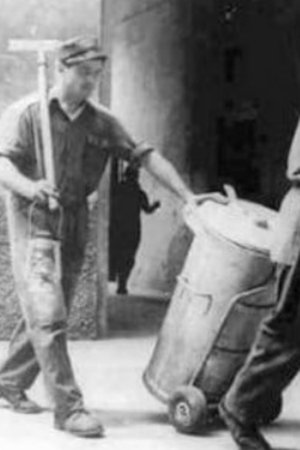 0.0
0.0Appunti per un romanzo sull'immondezza(it)
In the spring of 1970, between the African Orestiade and The Decameron, Pasolini shot a film for which he wrote a commentary in verses but never finished editing. The film was born as a typical Pasolini intervention: filming the strike of the garbage collectors in Rome, who at the time worked in dramatic health conditions, and filming the humility of their daily work, amidst the waste and scraps of society, in the squares and in the streets. Pasolini also filmed the faces of garbage collectors engaged in claims discussions and the result was an extraordinary anthropological picture of an unknown humanity.
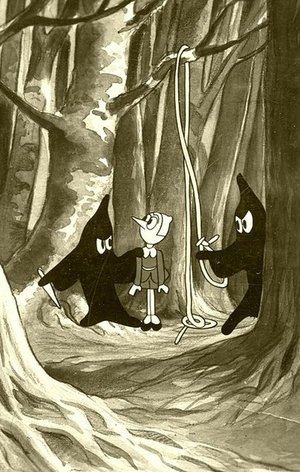 0.0
0.0The Adventures of Pinocchio(it)
The Adventures of Pinocchio (Italian: Le avventure di Pinocchio) was an Italian animated film directed by Raoul Verdini and Umberto Spano. Created and produced by Cartoni Animati Italiani Roma (CAIR) and distributed by De Vecchi, this cartoon was based on the famous children's book The Adventures of Pinocchio by Carlo Collodi. The film was intended to be the first animated feature film from Italy, but was never completed; if the film was finished, it also would have been the first cel animated feature film ever, beating Snow White and the Seven Dwarfs, and the first animated film adaptation based on the novel of the same name, It is now considered lost: only the original script and a couple of still frames are all that survived of the film. Currently considered a lost film.
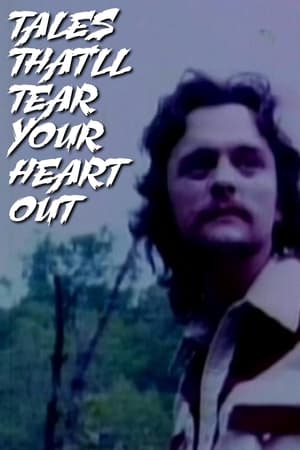 0.0
0.0Tales That'll Tear Your Heart Out(en)
Excerpts from an unfinished 1976 zombie-western anthology film by Wes Craven, in the style popularized by Amicus films, which were given an official home video release with The Last House on the Left, and placed in sections of an American version of the Italian film, Zombi Holocaust.
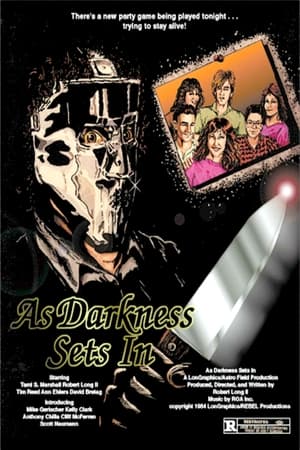 0.0
0.0As Darkness Sets In(en)
Mid '80s slasher with teens being picked off one by one by a masked killer.
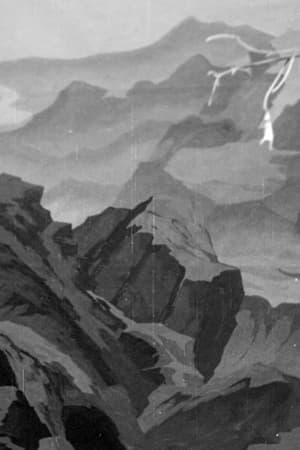 0.0
0.0The Enchanted Fortress(ro)
Cinematic fairy tale and adaptation of the story "Ochesel and Balaior" by Marin Iorda. The story of two brothers that are diametrically opposed who, as children, go in search of the Enchanted Fortress.
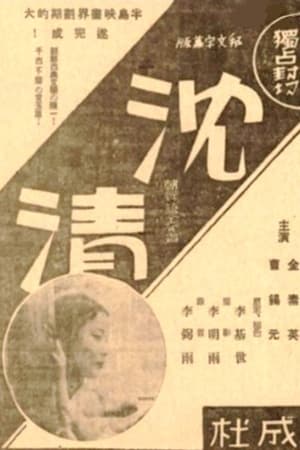 0.0
0.0Story of Sim-chung(ko)
A film adaptation of a classic novel in which a filial daughter, Shim Cheong-i, donated 300 rice cakes to open the eyes of her blind father.
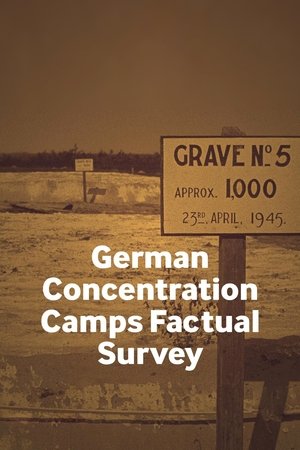 7.3
7.3German Concentration Camps Factual Survey(en)
On the 29th September 1945, the incomplete rough cut of a brilliant documentary about concentration camps was viewed at the MOI in London. For five months, Sidney Bernstein had led a small team – which included Stewart McAllister, Richard Crossman and Alfred Hitchcock – to complete the film from hours of shocking footage. Unfortunately, this ambitious Allied project to create a feature-length visual report that would damn the Nazi regime and shame the German people into acceptance of Allied occupation had missed its moment. Even in its incomplete form (available since 1984) the film was immensely powerful, generating an awed hush among audiences. But now, complete to six reels, this faithfully restored and definitive version produced by IWM, is being compared with Alain Resnais’ Night and Fog (1955).
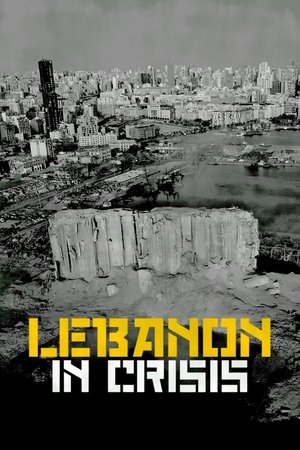 5.7
5.7Lebanon in Crisis(fr)
The apocalyptic blast in the Port of Beirut, Lebanon, on August 4, 2020, exacerbates anger at those in power: protests cross religious boundaries as the Lebanese people curse corruption, nepotism, gross economic mismanagement and squandering of resources. How did the Land of Cedars, a country with so much to offer, allow itself to get into such a dire situation? And will it be able to bounce back?
 9.0
9.0Kings of War(nl)
Kings of War merges Henry V, Henry VI and Richard III into one explosive performance about leadership. In successive kings, Shakespeare sketches an image of political leaders, face to face with the ultimate responsibility for life and death in times of war. Shakespeare’s kings are political leaders who come face to face with the ultimate responsibility: they must make the life-or-death decision of whether to go to war. Shakespeare draws us into the psychology of the rulers, while also revealing the machinations of their courtiers and advisors. Kings of War lays bare the mechanisms of decision-making in times of political crisis, exposing the dichotomy between national interests and self-importance.
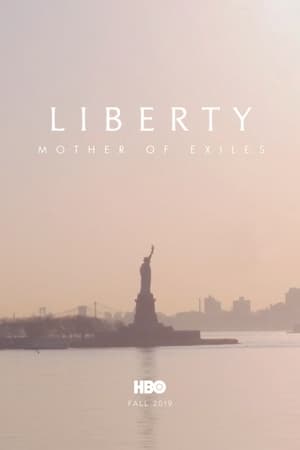 7.5
7.5Liberty: Mother of Exiles(en)
A look at the history of the Statue of Liberty and the meaning of sculptor Auguste Bartholdi's creation to people around the world.
